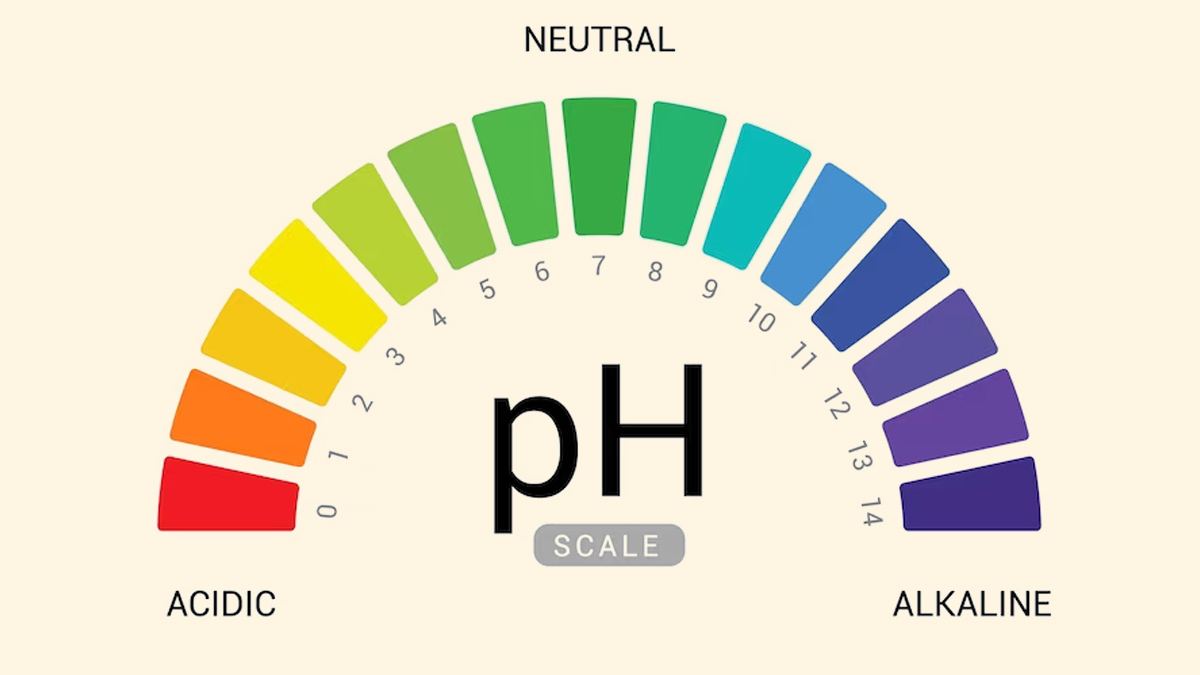
The human body is a miraculous machine that operates on a delicate balance of complex biochemical processes. One of the essential components of this balance is the pH level, which refers to the acidity or alkalinity of bodily fluids. While this may seem like a technical term, understanding the pH balance of our body is crucial for maintaining optimal health and wellness.
Table of Content:-
Imagine you are a chemist, and you have been given the task of creating a perfect solution for the human body. The solution must be able to carry nutrients, oxygen, and other vital substances to the cells and tissues while also eliminating waste products and toxins. To achieve this, you would need to balance the acidity and alkalinity of the solution, making sure it is not too acidic or too alkaline.
What Does pH Balance In Our Body Mean
The pH scale ranges from 0 to 14, with 7 being neutral. Anything below 7 is considered acidic, while anything above 7 is considered alkaline or basic. In the human body, different organs and systems have different pH levels to carry out their functions effectively.
Also read; What Is Fitspo? Understanding The Trend & Its Impact On Body Image
For example, the stomach has a highly acidic pH of around 1.5 to 3.5, which is necessary for digesting food and killing harmful bacteria. On the other hand, as per research, the blood has a slightly alkaline pH of around 7.35 to 7.45, which is critical for transporting oxygen and nutrients to the cells. Even slight changes in pH levels can have significant impacts on our health and well-being.
Health Issues Caused Due To Disruption In pH
When our body's pH levels become too acidic or too alkaline, it can cause a range of health problems. For instance, acidosis, which is when the blood becomes too acidic, can lead to fatigue, confusion, and even coma in severe cases. Similarly, alkalosis, when the blood becomes too alkaline, can cause muscle spasms, convulsions, and respiratory failure.

Bottomline
Maintaining the pH balance of our body is crucial for optimal health, and various factors can influence it. One of the most significant factors is diet. Our diet plays a significant role in determining the acidity or alkalinity of our body fluids. For example, a diet high in processed foods, animal products, and sugar can lead to increased acidity in the body, while a diet rich in fruits and vegetables can promote alkalinity.
Other factors that can influence our body's pH levels include stress, exercise, medications, and certain medical conditions. Therefore, it is crucial to pay attention to our body's pH levels and take steps to maintain optimal balance.
Also read: 10% Body Fat: Know Why It Is Trending, How You Can Reach There & Mistakes To Avoid
The pH balance of our body is a critical aspect of our overall health and well-being. It refers to the balance between acidity and alkalinity in our bodily fluids, which is necessary for the proper functioning of different organs and systems. Maintaining optimal pH levels requires a balanced diet, stress management, regular exercise, and other healthy lifestyle choices. By taking care of our body's pH balance, we can promote optimal health and enjoy a more vibrant and fulfilling life.
Also watch this video
How we keep this article up to date:
We work with experts and keep a close eye on the latest in health and wellness. Whenever there is a new research or helpful information, we update our articles with accurate and useful advice.
Current Version